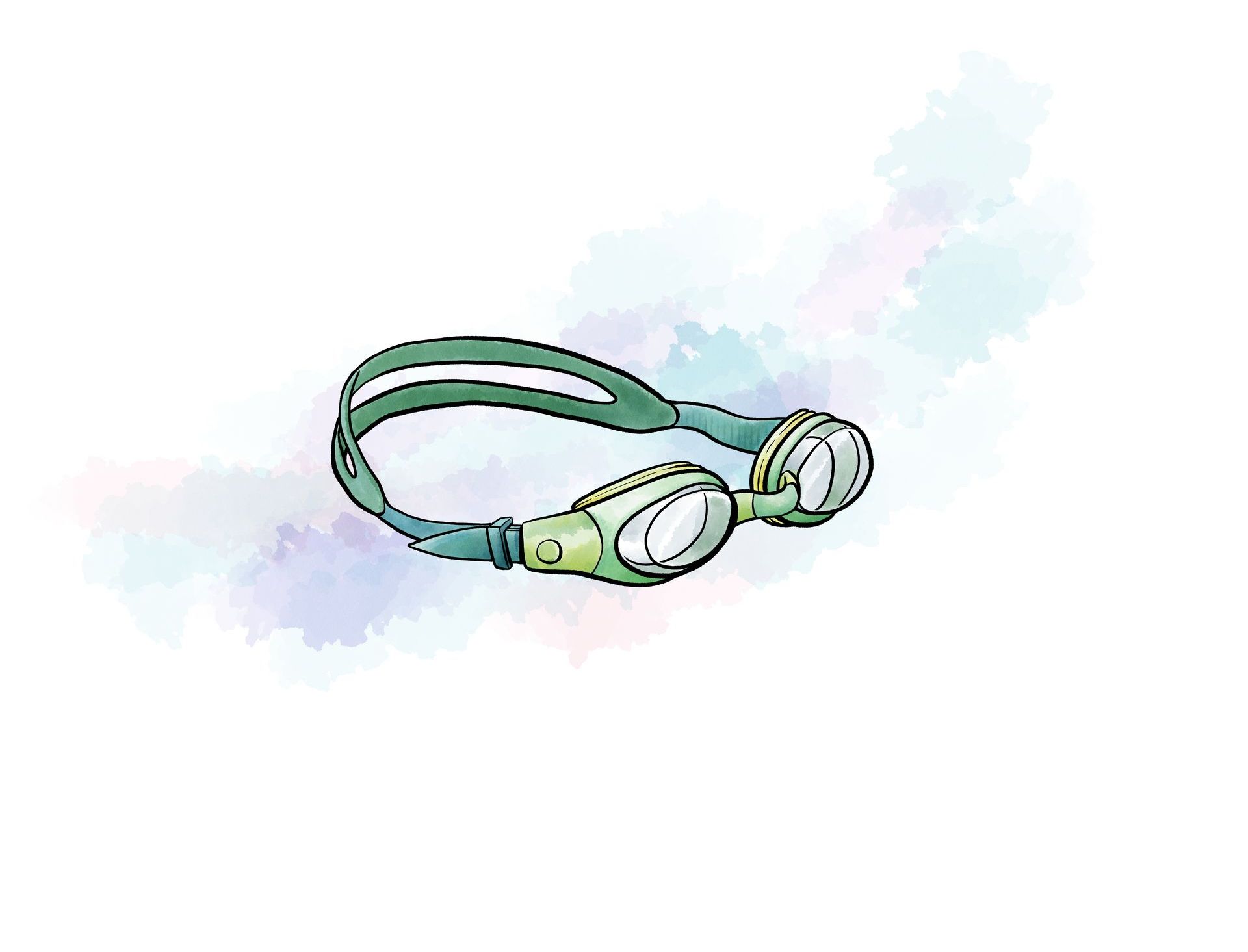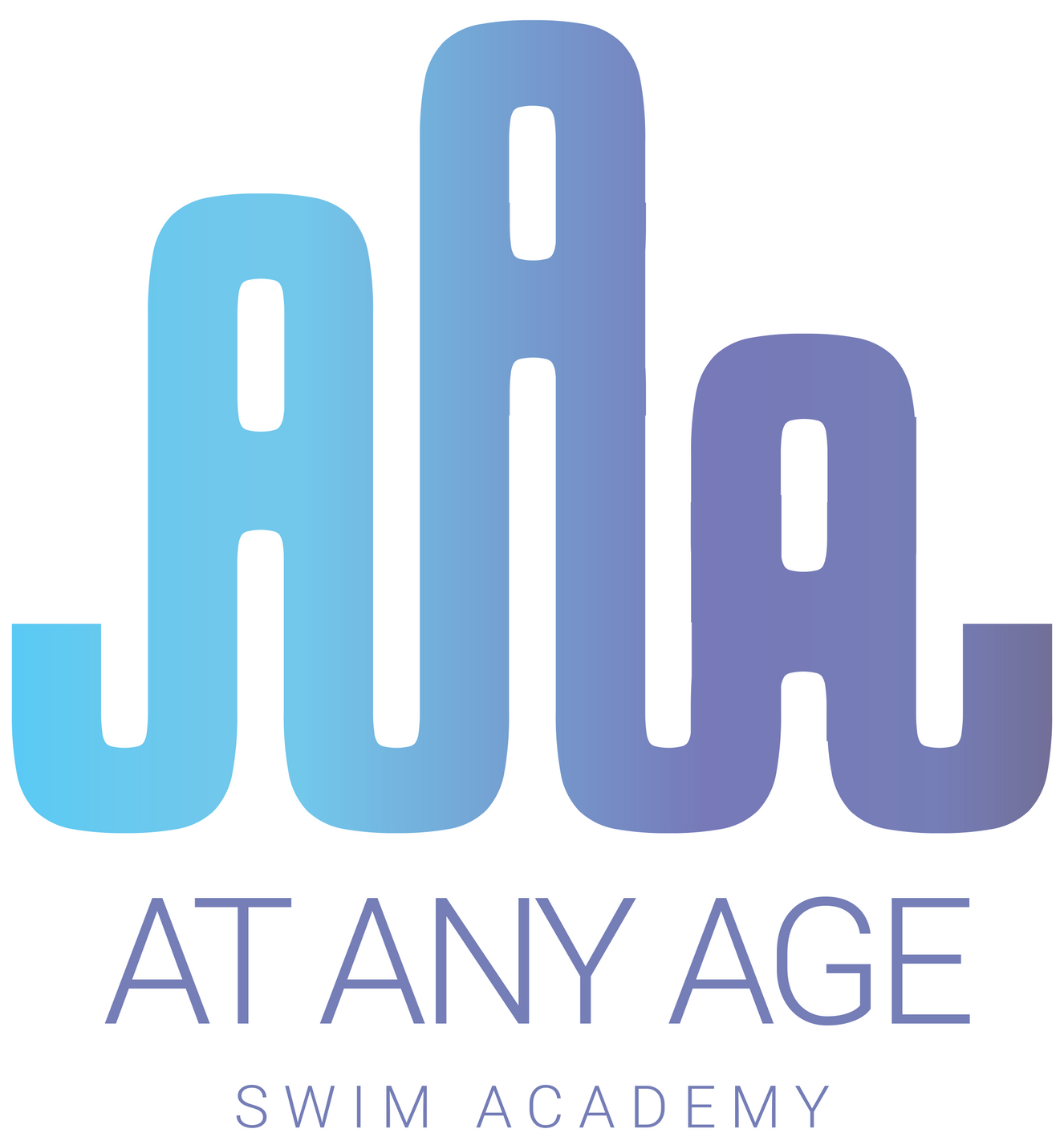Email: info@atanyageswimacademy.com
CALL US TODAY! 570-350-5620
We Answer Frequently Asked Questions About Our Swimming Programs

-
What are the age requirements for beginning lessons?
As long as their umbilical cord has healed, they’re good to go, generally around three months. And it’s NEVER too late to start!
-
What do I need to bring to my swim lesson?
- Sunscreen, a swimsuit, a towel, and a place to swim!
- If you’re getting lessons for your infant, you’ll need swim diapers.
- Partnerships are still being worked on for regular indoor locations.
-
What makes a swim diaper different than a regular one?
- Swim diapers are specifically made to be worn in the water. Their purpose is to prevent SOLIDS from getting into the water from the diaper, meaning swim diapers DO NOT hold liquids.
- Don’t put a swim diaper on until just before getting into the water; otherwise, you will have a wet car seat.
- The MAIN difference is that regular diapers are filled with a material that prevents leaking.
- If this material gets “overflooded,” it will eventually expand and swell up, becoming uncomfortable and losing its ability to perform its intended function. If a regular diaper is submerged in water for too long, the diaper may explode.
- Because this material is toxic to ingest, all swimmers must be evacuated if this material gets into the pool.
- Swim diapers are designed without this material and are intended for shorter periods in the water.
-
If I’m getting a lesson for my child, do I need to enter the water with them?
- This depends on the age of the swimmer.
- Children around the six-month mark SHOULD have their parents or caregivers accompany them during the lesson. For young children, learning is as much about the parent as the child. The parent or caregiver is taught how to perform different holds, age-appropriate activities, and how to practice outside of formal instruction.
- Adults are not required to enter the water when the child is a bit more independent - able to stand, walk, and talk on their own. However, we strongly encourage adult participation and observation.
- These parameters can be discussed with your instructor based on the student’s age, temperament, and skill level.
-
Should I get arm floaties or a life vest for my child?
Floaties and life vests have their time, place, and purpose. However, we don’t recommend them during the learning process. Here’s why:
- Floaties and life vests give beginner swimmers a false sense of security. Students’ confidence during lessons should come from their accomplishments - not from feeling over-confident because they can “float” in the water.
- False confidence is NOT what you want while your child is learning. This is VERY DANGEROUS, mainly when the child instinctively runs toward the water before the floaties or life vest are put on. Floaties and life vests do not guarantee 100% safety.
Consider little swimmers who don’t have great motor skills or strength. Even with floaties or a life vest, they can still easily tip over face-first into the water and not be able to push themselves back upright. Unfortunately, there are tragedies of children drowning while upside down and trapped with their floatation devices.
-
What is the difference between ISR lessons and At Any Age Swim Academy lessons?
“Infant Swimming Resource” lessons educate young children on safe rescue by flipping onto their backs, floating, and resting in the water while waiting for help. ISR lessons are usually 5x a week for ten minutes each.
We focus on teaching and building a solid foundation of swim skills and water safety, including how to get to the pool’s edge for safety. While this includes an introduction to self-rescue skills, our primary goal is water safety.
Once we set the foundation, we focus on skill-building for independent swimming. Lessons are at least 30 minutes and do not need to be more frequent than 1x a week. It might be a slower process, but it holds a stronger positive impression to move at the student’s pace rather than the parent’s, which might rush and hurt the young swimmer.
ISR is not for everyone. We recommend doing research and considering your child’s persona. At Any Age Swim Academy does not offer ISR lessons.
-
How often are lessons recommended?
- This depends on your availability and how often you can practice before and after lessons.
- Lessons can be as often as 3x per week or as little as once per week.
- However, students who practice twice per week (or more) outside of lessons progress much quicker than those who don’t.
After all, you cannot “level up” your skills until you’re comfortable with what you’ve already learned.
-
How long are the lessons?
Lessons are 30, 40, or 60 minutes. We recommend:
- Beginning swimmers under the age of ten years old - 30 minutes.
- Stronger, independent, young swimmers – 60 minutes.
- Adults of all skill levels - 60 minutes.
If endurance is a challenge, we’ve found that 40-minute lessons can be a good bridge between the two.
-
When are the swim lessons?
Las Vegas Residents:
- For outdoor backyard swimming in Las Vegas, the start of the season varies based on Mother Nature.
- Sometimes, we can begin as early as late April. Typically, May through October provide the best weather for outdoor lessons.
- For indoor facilities, swim season is all year round! Currently, we are still working out agreements with indoor facilities.
Eastern Pennsylvania Residents:
- Outdoor swim lessons are from June - August, depending on the weather.
- Water and air temperatures are important factors for young children and inexperienced swimmers. A fearful swimmer will be less inclined to try new steps if they are also cold and uncomfortable.
- For indoor facilities, swim season is all year round! Currently, we are still working out agreements with indoor facilities.
-
What will lessons look like?
- The program starts with foundational skills and builds upon them based on each swimmer’s comfort level.
- Once a foundation is built, we introduce various swim strokes and skills. After evaluating the student’s strengths and weaknesses, we’ll personalize the lessons to work on both. While we want to improve weaknesses, we won’t until the instructor feels the student is ready.
- We’ll do this with various fun activities, all while prioritizing water safety. We embrace imagination and introduce learning through play - using fun and memorable methods so you can recall and practice independently.
- We firmly believe that the most important element for learning in this environment is to cater lessons to each student’s capabilities. Challenges will be introduced, but only in a safe, caring manner - without force. This applies to students of all ages and abilities.
-
Is it worth starting lessons as young as six months old?
YES! Absolutely!
- Research has shown that children who begin education in the water may walk and talk ahead of their peers who don’t.
- The water is a 360-degree learning environment. On land, a child only learns from what their hands, knees, and bum touch.
- In the water, every movement they make provides them with immediate sensory input.
- Additionally, it helps cognitive development and motor skills while building comfort in the water.
Parent and child lessons also provide an excellent bonding experience. They learn things like:
- Push and pull the water.
- Splash and kick the water.
- Turn in the water.
- Breath control.
- Self-rescue foundations that will be quickly built upon.
-
What if I don’t have a backyard pool and would still like private lessons?
Don’t worry. We have options.
- For families who don’t have a pool, we can meet at community pools, or if you have family, friends, or neighbors with a pool, this is also an option. Gym pools can be a consideration, but only for adults. We cannot teach children in a gym pool.
- Indoor location agreements are still underway; reach out to learn more!
Do you have a question about our swimming programs? Call us today at
570-350-5620.
Quick Links
Business Hours
Mon-Sunday: 8:00 AM - 8:00 PM
Operating Season from May – October.
Payment Options:




